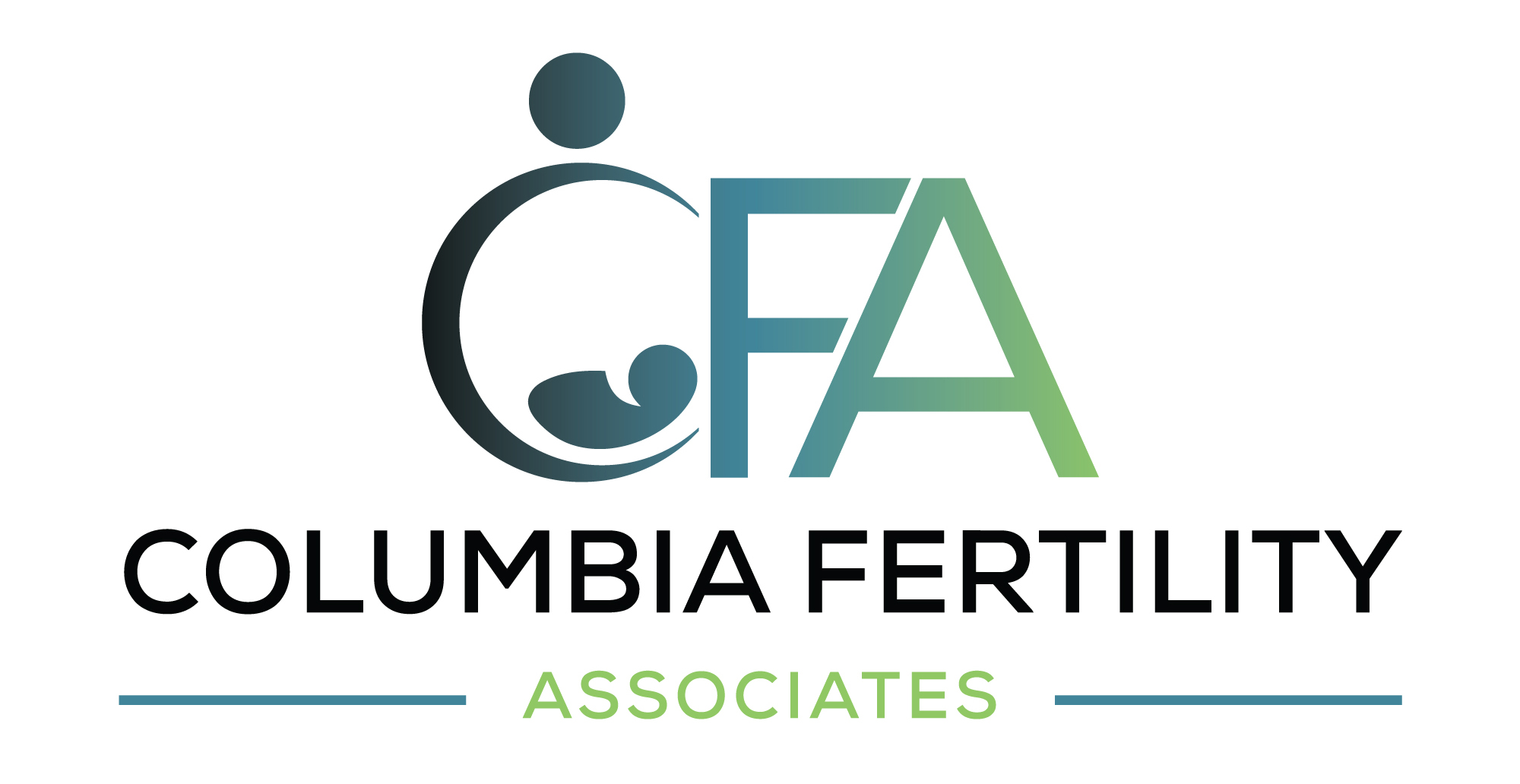Having a healthy baby can sometimes be complicated, especially if you or your partner have fertility issues or a family history of a serious disease or condition. You’re not always sure what technique or test is best for you and your growing family’s needs.
Whether you’re hoping to become pregnant or are already carrying your bundle of joy in the making, genetic tests can help you understand more about your potential baby’s health. While genetic testing isn’t mandatory, it can be helpful so that you can make the plans and decisions that are right for you.
At Columbia Fertility Associates, our expert OB/GYNs and infertility specialists help you make the choices that are right for you and your family. Here we’ve put together a brief guide about genetic tests so you can decide when and if you want them.
Before you get pregnant
If either you or your partner has a history of genetic diseases, you may want to undergo testing before you even become pregnant. Many diseases and conditions require both partners to have a defective gene in order to pass it on to their children.
It’s also possible that you or your partner don’t have the disease but are a carrier for the mutation, and could therefore pass it on to your child. We provide carrier tests for genetic conditions such as:
- Cystic fibrosis
- Sickle-cell anemia
- Spinal muscular atrophy
Depending on the results of your test, you may wish to use donor eggs or sperm to minimize the risk to your child. You could also become pregnant and then test the baby later to see if they inherited the defective gene.
Even if you’re both carriers, every time you get pregnant, the fetus only has a 25% chance of getting the gene from both parents and developing the disease. However, they have a 50% chance of becoming a carrier. If only one of you is a carrier, any baby you conceive also has a 50% chance of becoming a carrier.
During weeks 10-14
Congratulations! You’re pregnant. During weeks 10-13, you may wish to do a sequential screening test for your fetus. A sequential screening test consists of a blood draw plus the results of your first-trimester ultrasound image.
These tests look for:
- Neural tube defects
- Down syndrome
- Trisomy 18 (Edwards syndrome)
Another test, conducted between weeks 11 and 14, is called chorionic villus sampling. We take a sample of your placenta and screen it for chromosomal abnormalities, such as:
- Down syndrome
- Trisomy 13 and 18
- Tay-Sachs disease
- Cystic fibrosis
We may recommend chorionic villus sampling if you had an abnormal carrier test or if maternal age is over 35 years. You may also choose to have this test if you have a personal or familial history of chromosomal or genetic disorders.
Weeks 15-22
In your second semester, you can choose between two tests to assess your baby’s health:
Maternal serum quad screen
We perform the maternal serum quad screen between weeks 15-22. The quad test examines your blood for your levels and your fetus’s levels of:
- Alpha-fetoprotein levels
- Human chorionic gonadotropin levels
- Estriol
- Inhibin A
The levels of these four substances in your blood can assess the risk for both Down syndrome and neural tube defects.
Amniocentesis
Amniocentesis is performed at week 15 or after. We remove some amniotic fluid from your uterus and assess the fetus’s chromosomes for Down syndrome and trisomy 13 and 18. You can also use amniocentesis to confirm positive carrier-test results for genetic conditions such as cystic fibrosis and sickle-cell anemia.
Even if you want to proceed with an abundance of caution, you don’t necessarily have to get all of these genetic tests. However, you may choose to get amniocentesis or another test to confirm the results of the first test. We help you decide what’s best for you.
Find out more about the potential health of your family by contacting our team at Columbia Fertility Associates in Washington, DC; Bethesda, Maryland; or Arlington, Virginia, for genetic tests today.








